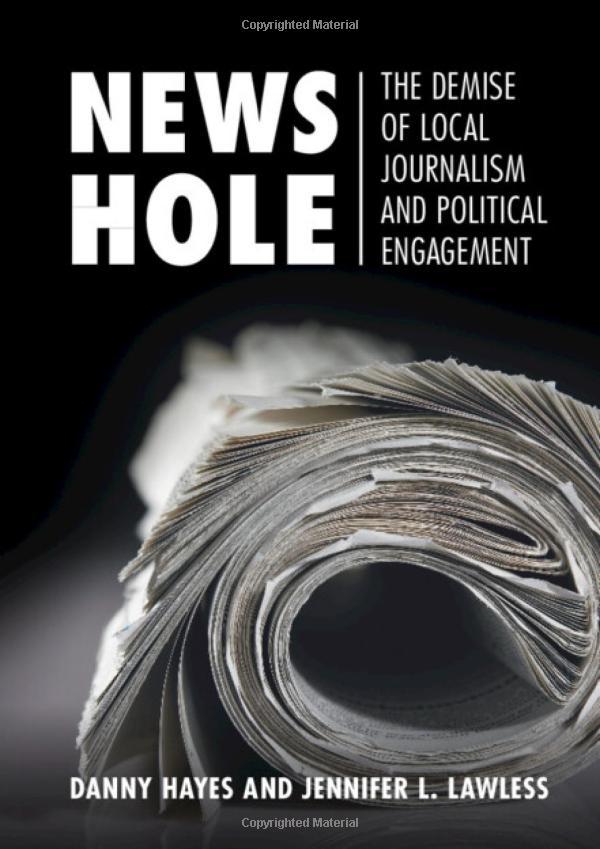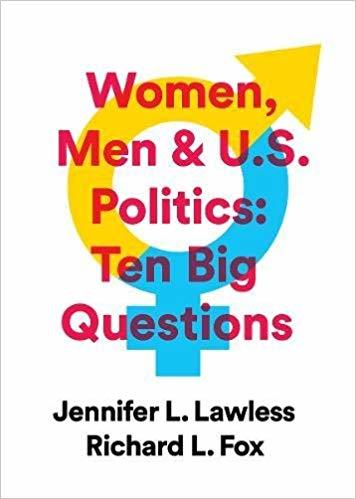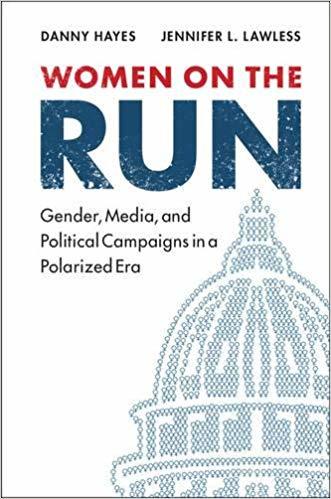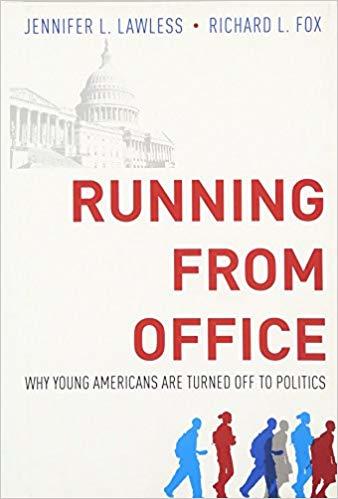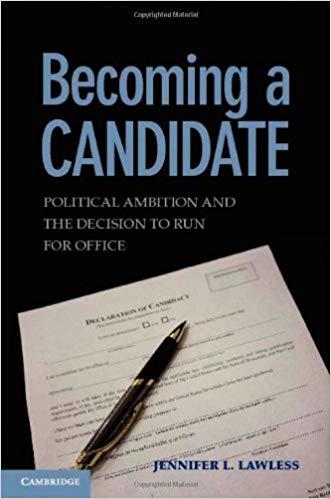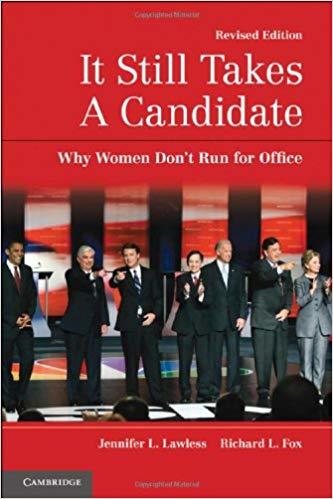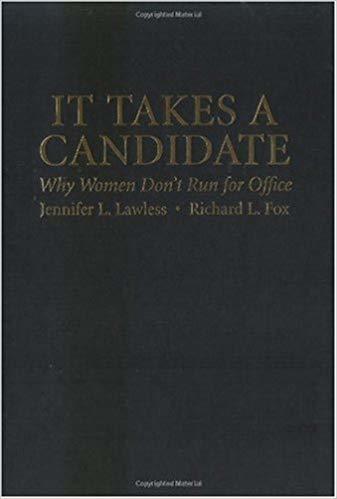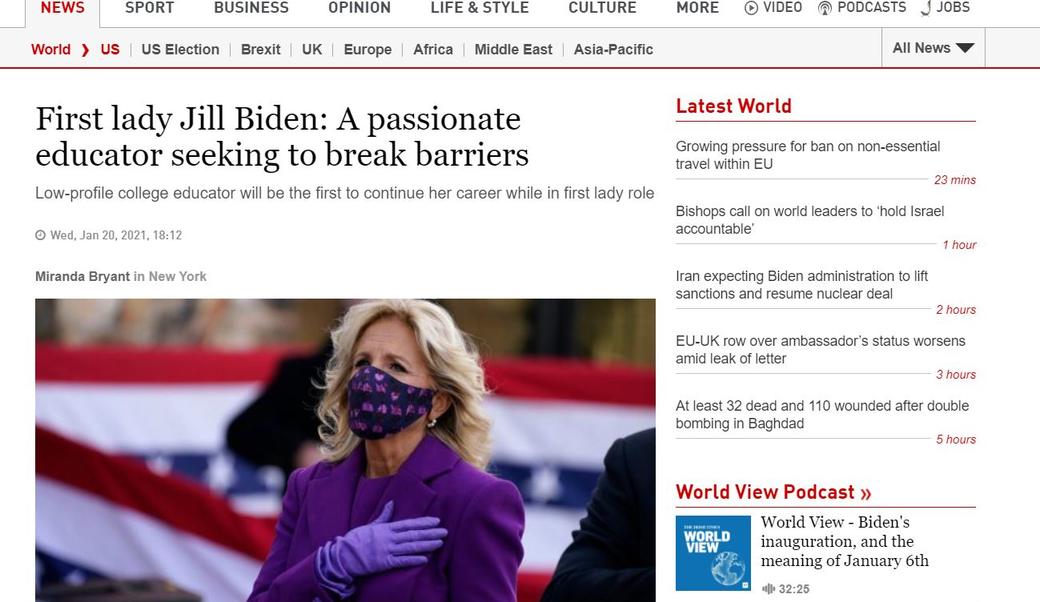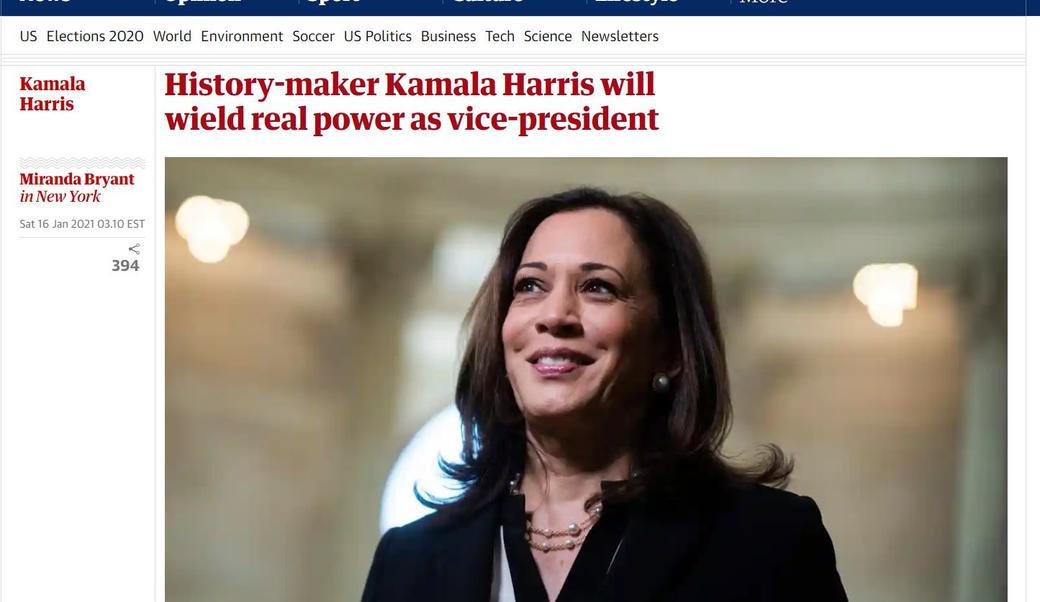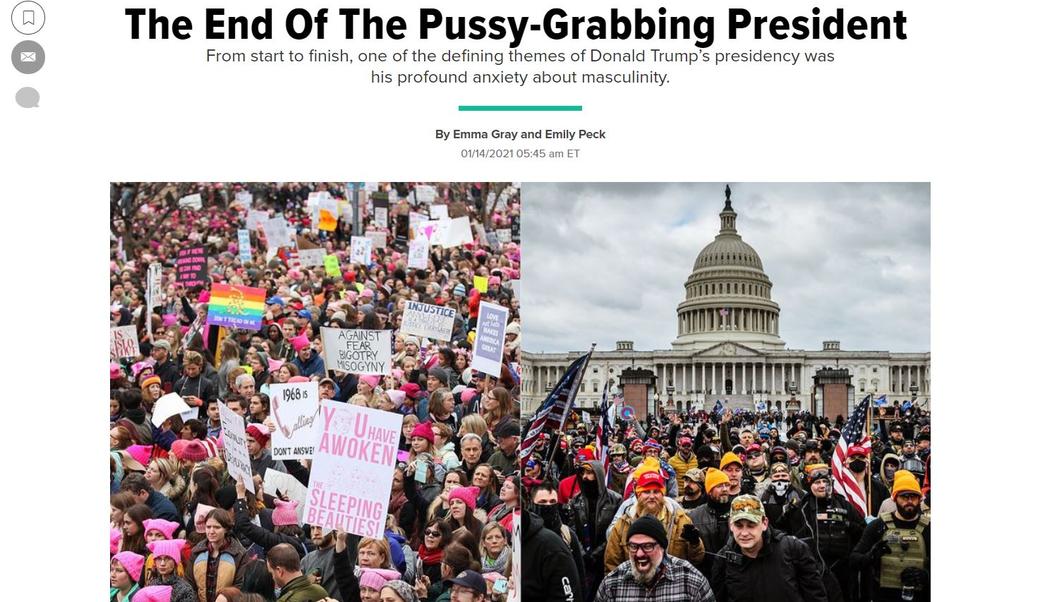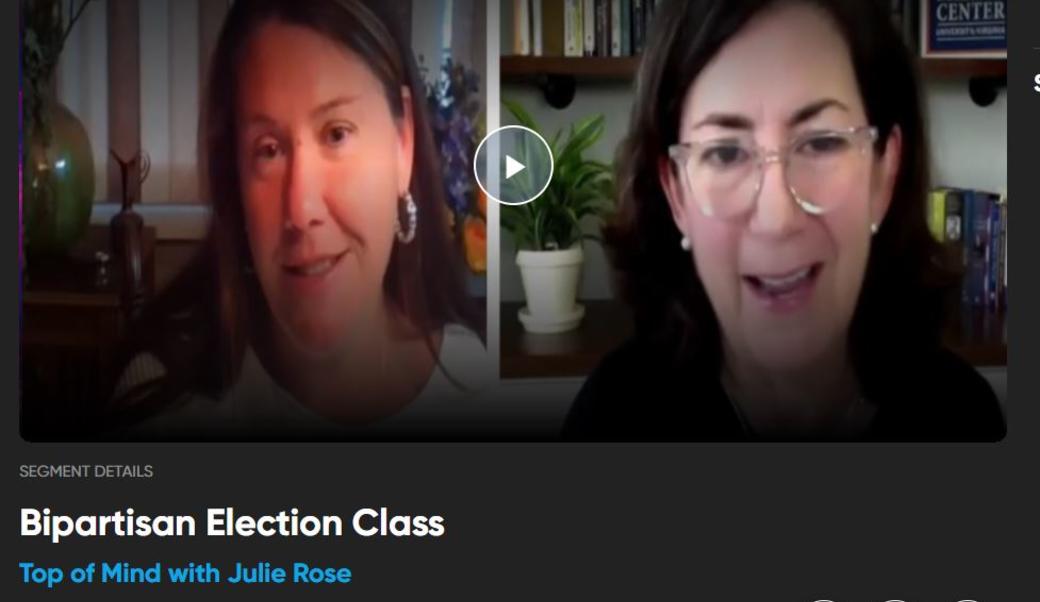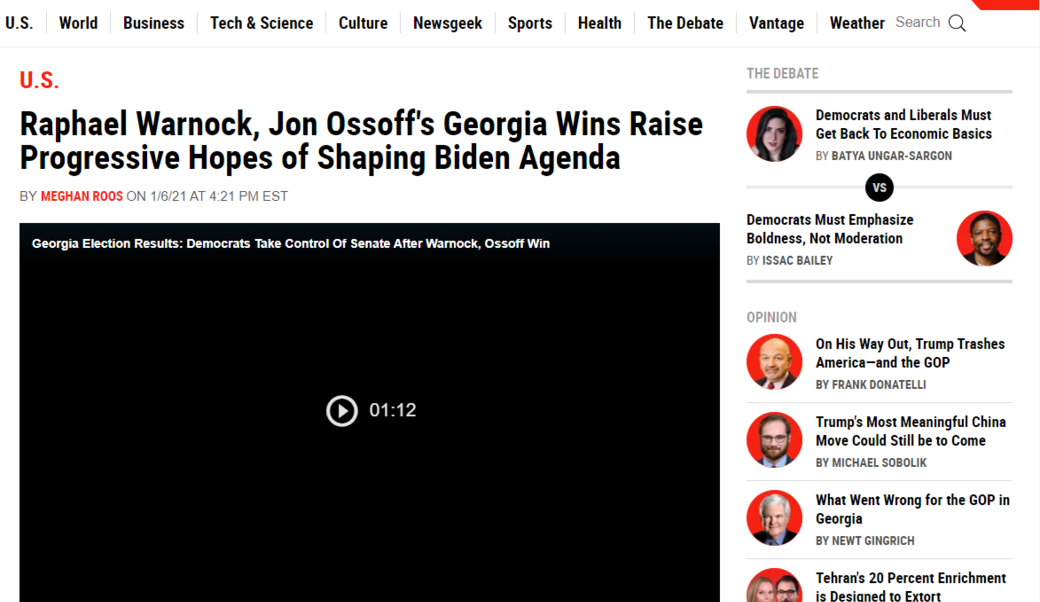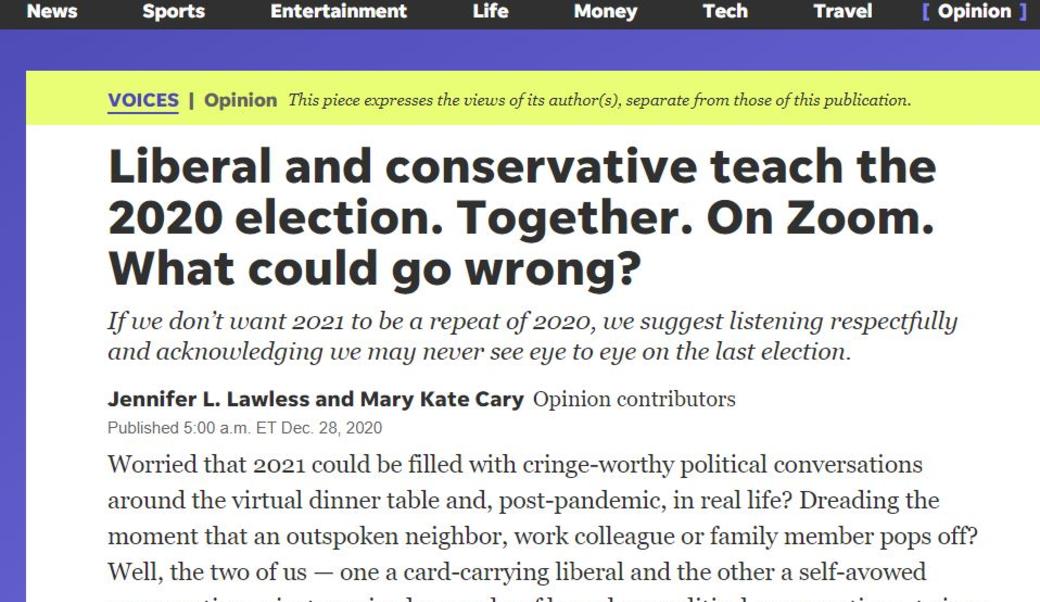Fast Facts
- Chair, UVA Department of Politics
- Author or co-author of nine books
- Editor of the American Journal of Political Science
- Expertise on women and politics, campaigns and elections, political media
Areas Of Expertise
- Domestic Affairs
- Media and the Press
- Governance
- Elections
- Politics
Jennifer L. Lawless is the Leone Reaves and George W. Spicer Professor of Politics at the University of Virginia and chair of the UVA Department of Politics. She is also has affiliations with UVA’s Frank Batten School of Leadership and Public Policy and the Miller Center.
Her research focuses on political ambition, campaigns and elections, and media and politics. Her most recent book, News Hole: The Demise of Local Journalism and Political Engagement, won the Harvard Shorenstein Center 2023 Goldsmith Prize for Best Academic Book. Lawless is also the author or co-author of nine books, including Women on the Run: Gender, Media, and Political Campaigns in a Polarized Era (with Danny Hayes) and It Still Takes a Candidate: Why Women Don't Run for Office (with Richard L. Fox). Her research, which has been supported by the National Science Foundation, has appeared in numerous academic journals and is regularly cited in the popular press.
Lawless is the co-editor in chief of the American Journal of Political Science. She graduated from Union College with a BA in political science and Stanford University with an MA and PhD in political science. In 2006, she sought the Democratic nomination for the U.S. House of Representatives in Rhode Island’s second congressional district. Although she lost the race, she remains an obsessive political junkie.

